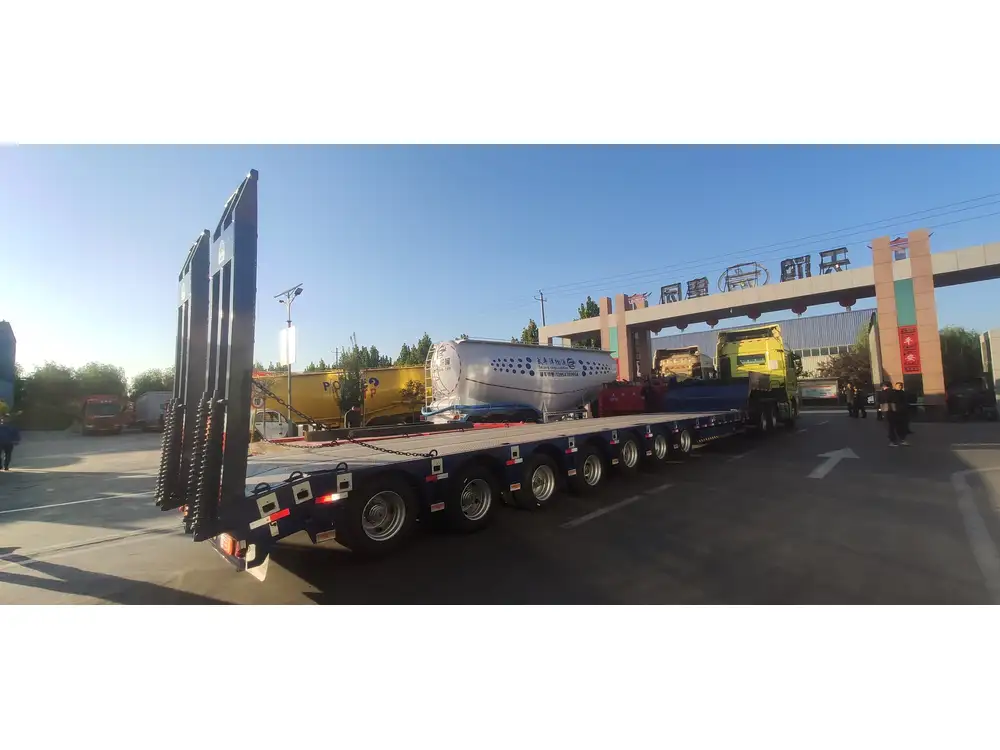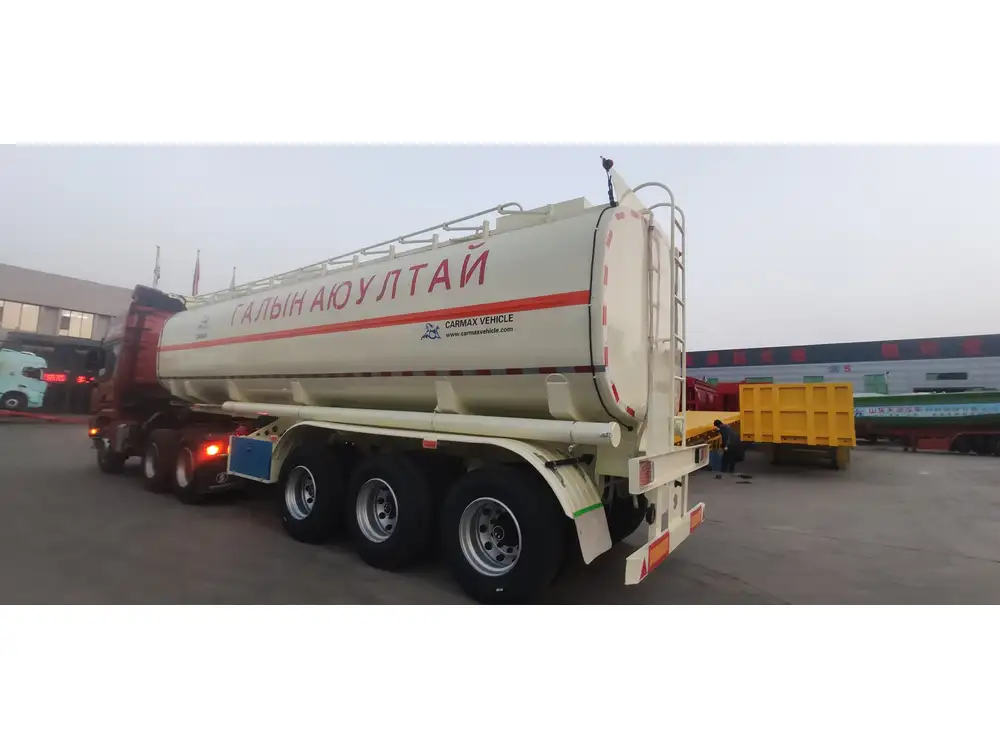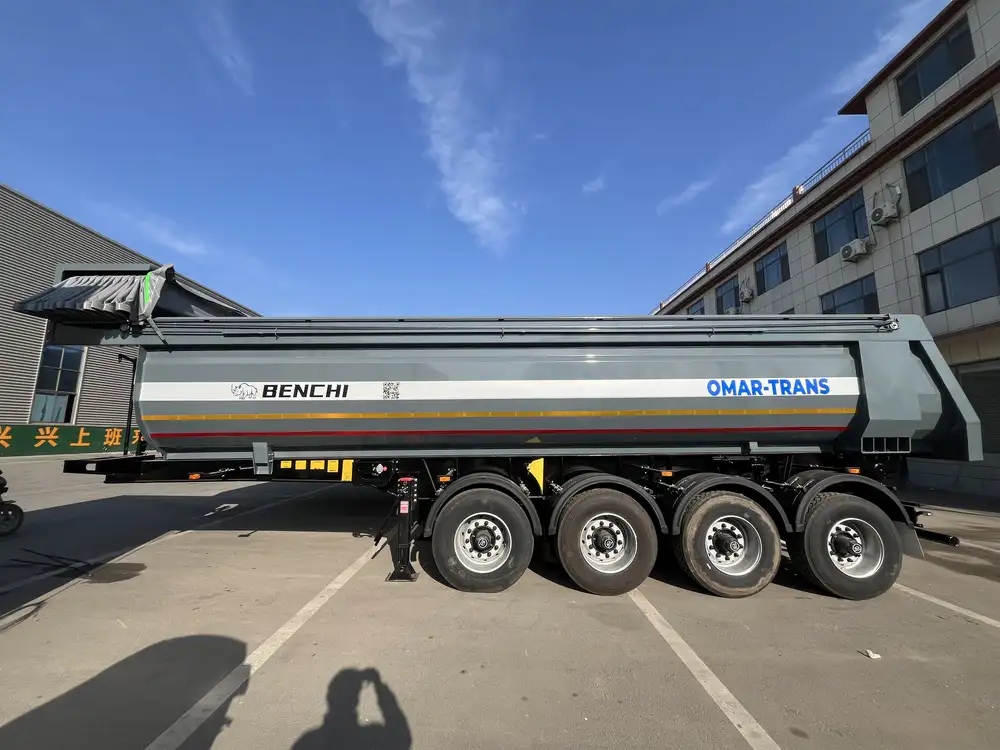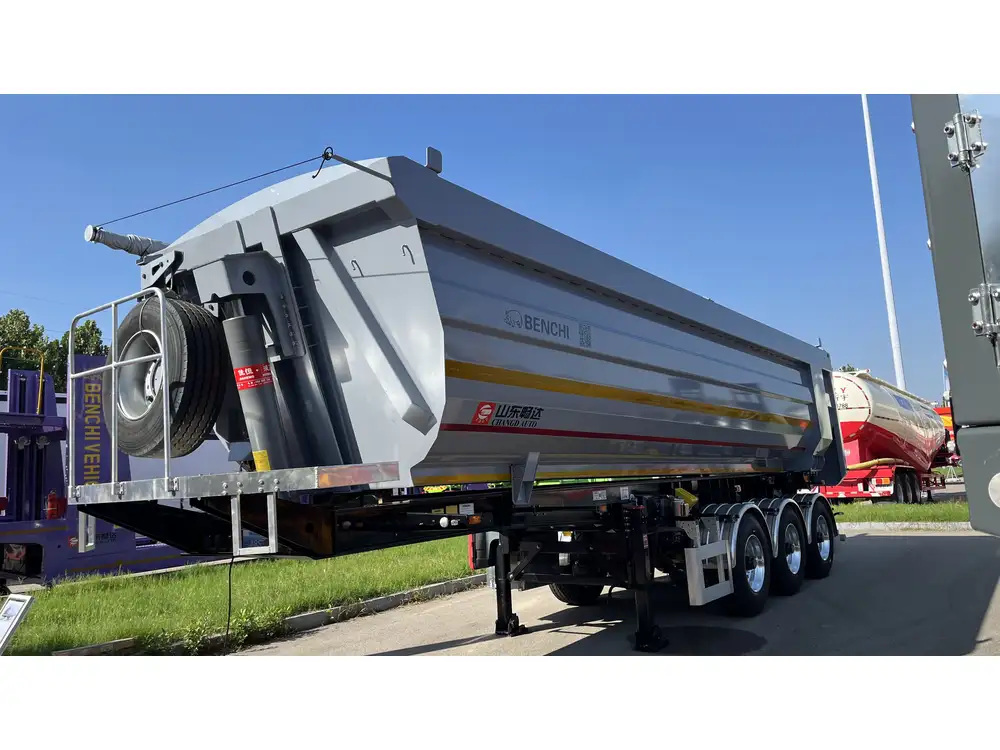When it comes to transporting vehicles, whether it’s for personal use or commercial purposes, understanding the dimensions and specifications of car hauling trailers is imperative. This guide explores everything you need to know about the width, length, and design considerations of car hauling trailers to help you make informed decisions.
What is a Car Hauling Trailer?
A car hauling trailer, also known as a car transport trailer, is a specialized transport solution designed mainly for carrying vehicles. These trailers vary significantly in their design, capacity, and structural specifications, catering to diverse transportation needs ranging from hauling single cars to transporting multiple vehicles simultaneously.
Types of Car Hauling Trailers
| Trailer Type | Description | Ideal Use Case |
|---|---|---|
| Open Car Hauler | An open trailer without sides or a roof, allowing easy loading. | Ideal for transporting multiple cars. |
| Enclosed Car Hauler | Offers full protection for vehicles, safeguarding against weather and debris. | Perfect for high-end vehicles or motorcycles. |
| Single Car Hauler | Designed to transport one vehicle, often with a more compact design. | Excellent for personal use or small businesses. |
| Multi-Car Hauler | Built to carry multiple vehicles, featuring enhanced structural support. | Commonly used by professional transport companies. |

Dimensions of Car Hauling Trailers
One of the most pressing questions for users is: How wide is a car hauling trailer? The width of a car hauling trailer can vary based on its design and intended use. Here’s a detailed look at the standard widths:
Open Car Haulers: Typically, these trailers range from 6 to 8.5 feet wide. The most common width is 8 feet, which allows easy loading and unloading of vehicles.
Enclosed Car Haulers: These trailers often have a wider frame to accommodate additional safety and structural integrity. Their widths generally range from 7 to 8.5 feet on average.
Height and Length Considerations
In addition to width, height and length are crucial considerations.
| Trailer Type | Length Range | Typical Height |
|---|---|---|
| Single Car Hauler | 12 to 20 feet | 6 to 7 feet |
| Multi-Car Hauler | 20 to 40 feet | 6 to 8.5 feet |
| Enclosed Car Hauler | 16 to 24 feet | 7 to 8.5 feet |
Key Factors Affecting the Width of a Car Hauling Trailer
When contemplating the width of a car hauling trailer, consider the following critical factors:

1. Vehicle Size
To ensure a seamless transport experience, knowing the dimensions of the vehicle being transported is essential. Standard cars typically have a width of about 6 to 7 feet. Therefore, a trailer must exceed this width to accommodate the vehicle fully.
2. Load Clearance and Safety Regulations
Safety is paramount when transporting vehicles. Depending on your region, local regulations may dictate specific width limits—commonly around 8.5 feet for trailers traveling on public roads. Observing these limits not only complies with legal requirements but also augments safety.
3. Loading and Unloading Logistics
The width of the trailer influences how easily vehicles can be loaded and unloaded. Wider trailers might allow for more maneuverability, making the process more efficient, especially in tight spaces.

4. Types of Tires
The type of tires on the car hauler can impact its overall width. Dual axle trailers may require additional clearance for stability, influencing the trailer’s design and width.
Benefits of Understanding Trailer Width
Understanding the width and dimensions of car hauling trailers can provide several advantages:
Enhanced Safety
A properly sized trailer minimizes risks associated with overloading and improper loading, ensuring safe transportation of vehicles and reducing chances of accidents on the road.

Cost Efficiency
Choosing the right trailer size affects fuel efficiency. Overly wide or larger trailers may consume more fuel, leading to increased operational costs, especially for commercial users making multiple trips.
Compliance with Regulations
Familiarity with width limits helps trailer owners avoid fines and penalties related to road use. It promotes adherence to legal standards ensuring safe transport operations on public roadways.
Increased Vehicle Protection
A correctly sized trailer protects the transported vehicles from exposure and potential damage during transit. It prevents the vehicles from shifting, scratching, or getting damaged due to inadequate space.

Calculating the Right Size for Your Needs
When deciding on the right car hauling trailer for your operation, a comprehensive approach will ensure sound decision-making. Follow these steps:
Step 1: Assess Vehicle Dimensions
First, measure the length, width, and height of the vehicles you intend to transport. Include allowances for any additional attachments (like mirrors or roof racks).
Step 2: Determine Your Transport Capacity
Based on the types of vehicles you intend to haul (sedans, SUVs, trucks), select a trailer that has the appropriate width and load capacity to accommodate your needs.

Step 3: Safety and Compliance Check
Finally, perform a compliance check with your local transportation department to ensure that the trailer adheres to width regulations.
Common User Concerns and Solutions
Problem: Inadequate Width for Vehicle Loading
- Solution: Opt for open car haulers or adjustable-width trailers which can accommodate wider vehicles.

Problem: Stability Concerns with Wider Vehicles
- Solution: Ensure the trailer has sufficient weight distribution features, such as multiple axles and strong tie-down points.
Problem: Damage During Transport
- Solution: Utilize padded straps, wheel nets, and enclosed trailers when transporting high-value or sensitive vehicles.
Conclusion
The width of a car hauling trailer is not merely a number; it’s a reflection of the trailer’s capability to safely and effectively transport vehicles. Understanding and selecting the appropriate dimensions can ensure safe transport while maximizing efficiency and compliance with regulations. Whether for personal use or commercial purposes, thorough consideration of the discussed factors will enhance your transport experience.
For manufacturers and transport service providers, having this knowledge is not just a benefit—it’s a necessity in an industry where safety and reliability reign supreme. By staying informed and choosing the right equipment, we can make car hauling a straightforward task aligned with our operational goals.
Invest in your transport capabilities today by ensuring you select the right-width trailer that meets all your hauling needs—it could save you time, money, and hassle in the long run.



